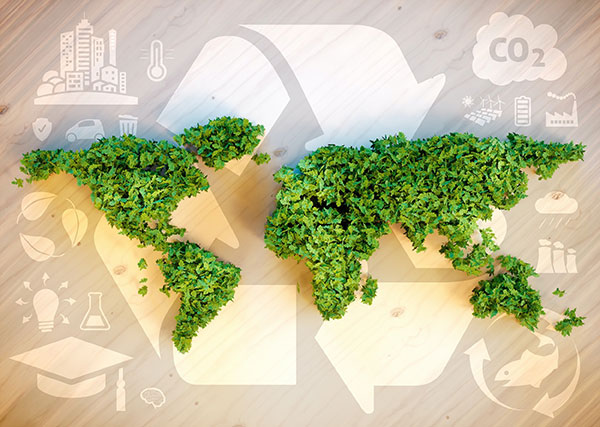As concerns about energy efficiency and sustainability continue to grow, more and more homeowners and businesses are looking for ways to reduce their environmental impact. One area that often gets overlooked is plumbing. Plumbing services play a vital role in energy efficiency and sustainability, and in this article, we will explain how.
The Importance of Proper Plumbing Maintenance
Proper plumbing maintenance is essential for energy efficiency and sustainability. When plumbing systems are not properly maintained, they can become clogged, leaky, or malfunctioning, which can lead to wasted energy and water. For example, a leaking faucet can waste up to 3,000 gallons of water per year, and a malfunctioning water heater can use up to 30% more energy than a properly functioning one.
Plumbing services can help prevent these issues by performing regular maintenance on your plumbing systems. This can include checking for leaks, inspecting pipes and fixtures, and ensuring that all systems are functioning properly. Regular maintenance can help prolong the life of your plumbing systems and prevent costly repairs, ultimately saving you money on energy and water bills.
Energy-Efficient Plumbing Systems
Plumbing services can also help improve energy efficiency by installing energy-efficient plumbing systems. These systems are designed to use less energy and water, and they can include:
- Low-flow toilets and showerheads: These fixtures are designed to use less water while still providing excellent performance. They can save homeowners thousands of gallons of water per year.
- Tankless water heaters: These water heaters heat water on demand, rather than keeping a large tank of hot water constantly heated. This can save energy and reduce costs.
- Solar water heaters: These systems use the energy from the sun to heat water, reducing the need for electricity or gas.
- Graywater systems: These systems collect and reuse greywater, which is water that has been used in sinks, showers, and washing machines, for irrigation, toilet flushing, and other non-potable uses.
- Rainwater harvesting: This system captures and stores rainwater, which can be used for irrigation, toilet flushing, and other non-potable uses.
By installing energy-efficient plumbing systems, plumbing services can help reduce your energy and water usage, ultimately saving you money and reducing your environmental impact.
Sustainable Plumbing Practices
In addition to installing energy-efficient plumbing systems, plumbing services can also promote sustainable plumbing practices. These practices can include:
- Using environmentally friendly products: Plumbing services can use environmentally friendly products, such as biodegradable and non-toxic cleaning solutions, to reduce their impact on the environment.
- Reducing water usage: Plumbing services can reduce water usage by performing regular maintenance, fixing leaks, and promoting water-saving practices.
- Recycling materials: Plumbing services can recycle materials, such as copper and PVC, to reduce waste and conserve resources.
- Using Green Technology: plumbing services can use green technology such as the use of solar energy to power the tools and equipment they use to perform their services.
By promoting sustainable plumbing practices, plumbing services can help reduce their environmental impact and promote a more sustainable future.
Conclusion
Plumbing services play a vital role in energy efficiency and sustainability. Regular maintenance, energy-efficient systems, and sustainable practices can all help reduce energy and water usage, ultimately saving money and reducing environmental impact. As a homeowner or business owner, it is essential to work with a plumbing service that understands the importance of energy efficiency and sustainability and can help you make your plumbing systems.




